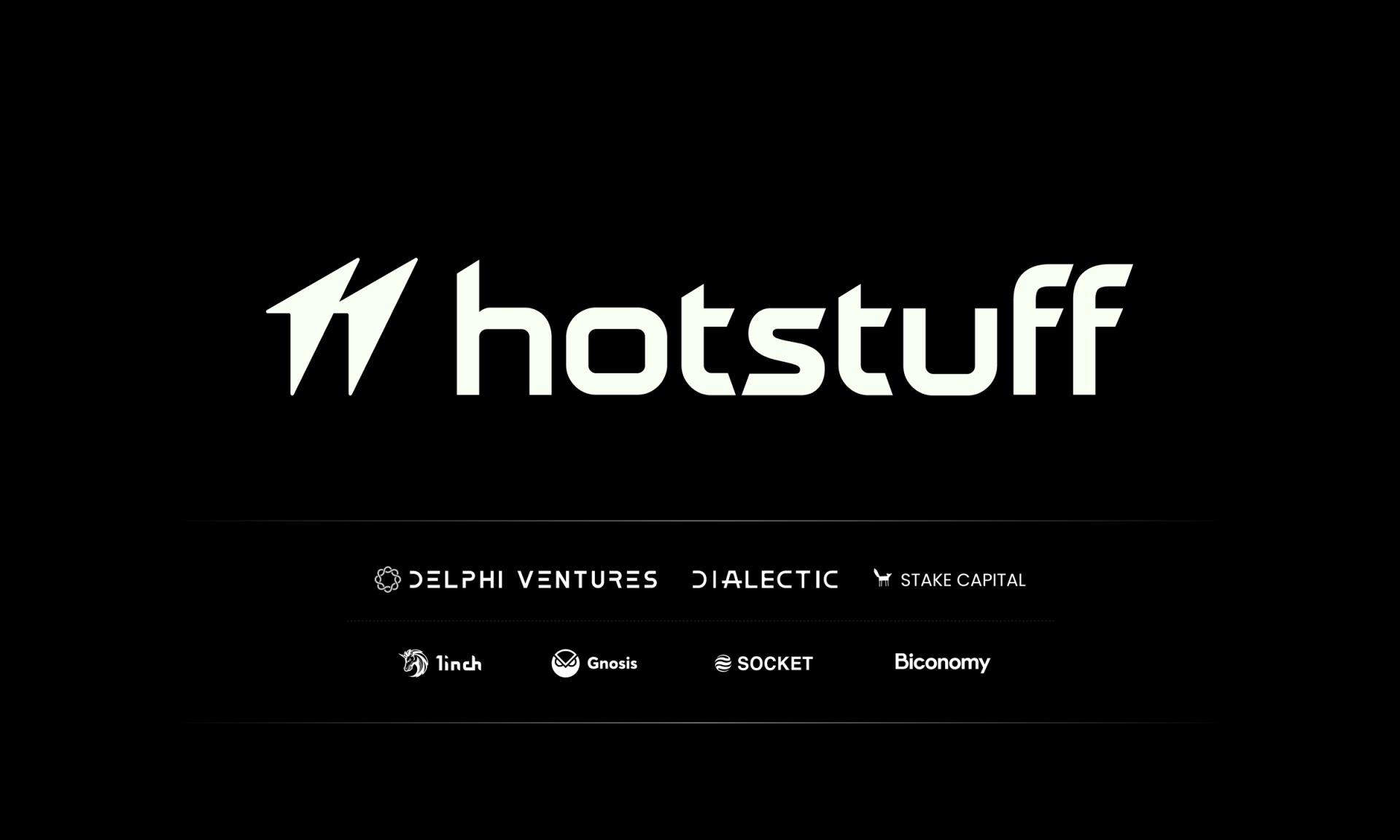A Core Wallet is an important component of the blockchain ecosystem that allows users to store, send, and receive digital currencies. Unlike other types of wallets, a Core Wallet stores the entire blockchain rather than just a portion of it. This means that it downloads and verifies all transactions on the blockchain network, making it a powerful tool for those who want to actively participate in the cryptocurrency community.
To better understand the concept, let’s take a closer look at Bitcoin Core, which is one of the most popular Core Wallets in the cryptocurrency world. Bitcoin Core is a full-node wallet that serves as the backbone of the Bitcoin network. It is known for its high level of security, privacy, and stability, but it also requires significant storage space and computational resources.
Bitcoin Core acts as a comprehensive Bitcoin client, allowing users to manage their Bitcoin holdings. As a full node, it downloads the entire blockchain onto the user’s computer, which can take several days to synchronize. By downloading and verifying all transactions on the blockchain, Bitcoin Core provides users with a complete view of the network and enables them to independently validate transactions without relying on third-party services.
One of the advantages of using a Core Wallet like Bitcoin Core is that it provides users with full control over their funds. Since the wallet is directly connected to the blockchain network, users don’t have to rely on centralized services or third-party providers to access or manage their digital assets. This aligns with the decentralized nature of blockchain technology, where users are in control of their own financial transactions.
It’s important to note that Bitcoin Core is not designed for casual users or those who are looking for a simple, user-friendly wallet. Due to its technical nature, Bitcoin Core is primarily used by cryptocurrency enthusiasts, developers, and individuals who want to support the network’s infrastructure. However, for those who are willing to invest the time and resources to set up and maintain a Core Wallet, it offers a powerful and secure way to interact with the Bitcoin blockchain.
While Bitcoin Core is one example of a Core Wallet, there are also other Core Wallets available for different cryptocurrencies. For example, Ethereum has its own Core Wallet called Geth, which functions as a full-node client for the Ethereum blockchain. Similarly, Litecoin has Litecoin Core, and many other cryptocurrencies have their own variations of Core Wallets.
In summary, a Core Wallet is a type of cryptocurrency wallet that stores the entire blockchain and allows users to independently manage their digital assets. It provides a high level of security and control, but it also requires significant storage space and computational resources. Core Wallets are primarily used by cryptocurrency enthusiasts and those who want to actively participate in the blockchain community. While they may not be suitable for casual users, they play a vital role in supporting the infrastructure and decentralization of cryptocurrencies.














